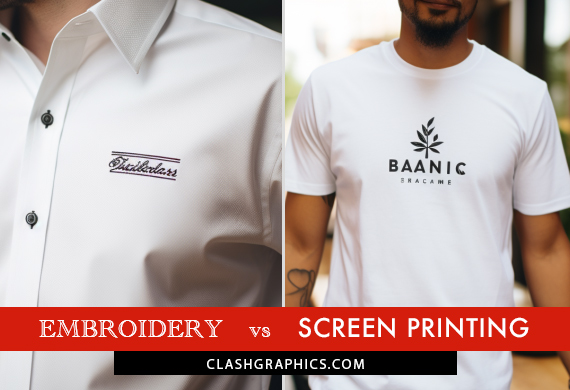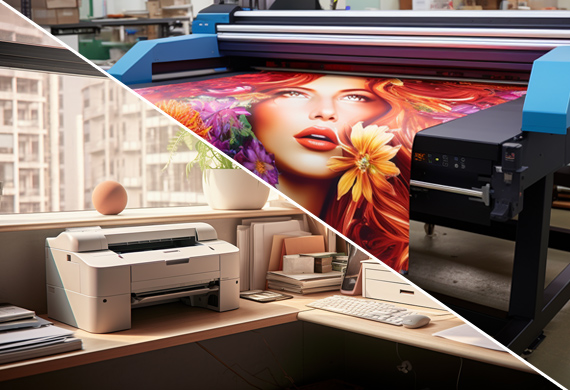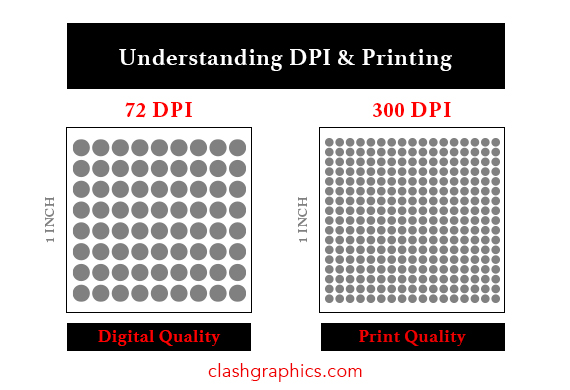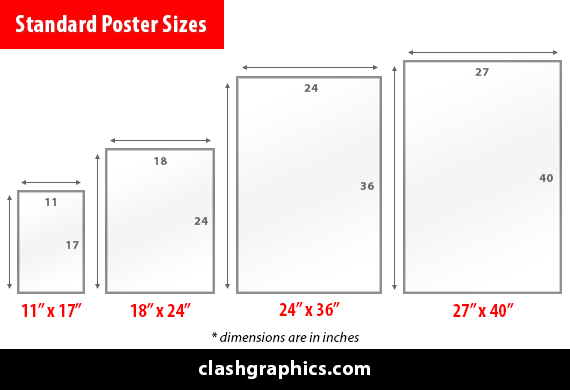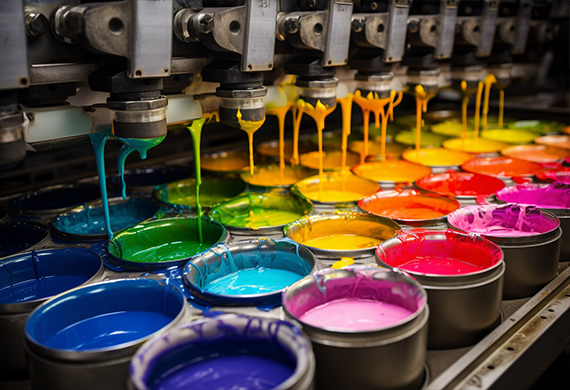Choosing The Right Paper Quality and Type for Your Print Project
Posted by Clash Graphics on 13th Apr 2020
Don’t let the wrong paper ruin your print job or marketing materials. Make a more significant impact on your clients by knowing which paper is best suited for your printing projects.

clashgraphics.com gathered the following information to assist you in making informed decisions when selecting the right type and quality of paper for your next print job.
Preferred Paper Stock for Printing
While there may be subtle differences in quality from each manufacturer, the best options for the paper stock include the following attributes:
• High Thickness (provides better stability)
• High Opacity (permits more substantial ink coverage)
• High Brightness (amplifies the brightness of the ink)
• Smooth Surface (more absorbent, reduces blotting and other imperfections)
The type of ink and method of printing may impact the outcome of your project. Discuss these and the following options with your graphic designer or print shop.
Types and Grades of Paper
Different types and grades of paper are more suited for different uses. Consider the following:
• Text and cover paper stocks are recommended for branding and premium marketing materials
• Bond or writing paper is recommended for branding pieces, like letterhead
• Uncoated offset paper is recommended for books, manuals, and uncoated writable business cards
• Opaque paper stock is recommended for marketing tools like business cards, flyers, and brochures
• Safety paper is ideal for checks and coupons
• Parchment is a popular option for certificates
• Pressure-sensitive stock is recommended for labels
Exceptional paper stocks possess a sturdy and robust feel, these attributes encourage your clients to look at your products and services the same way.
The combination of a paper’s properties will dictate how it should be used. It is your project that determines which of those properties is essential.
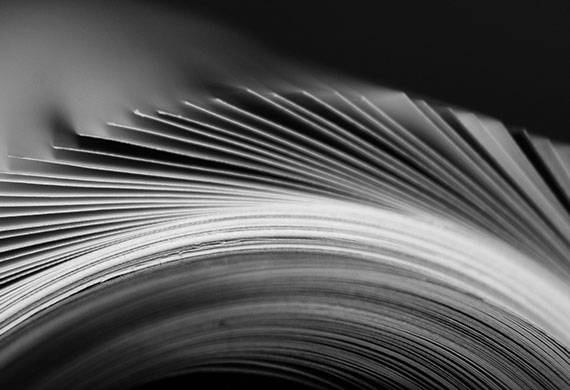
Common Printing Project Paper Weights
Paper weight can be measured and represented by several metrics. The team at Clash created this quick reference to identify the most common types, weights, and measurements of paper:
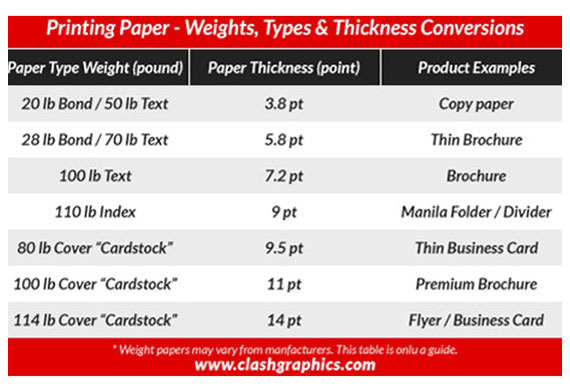
The measurements, attributes, and qualities identified in the chart above can be defined as follows:
Pound - Indicates how many pounds 500 sheets of a paper grade weighs.
Point - Represents the thickness of an individual sheet measured with a caliper that measures micrometers (thousands of an inch).
The following are popular paper weights and their uses:
Text - This paper is often referred to as “offset,” and has a wide range of applications.
Bond - Uncoated stock, often called “writing” paper, is most commonly used in office printers and copy machines.
Cover - These are mostly rigid and not easily folded. This paper is frequently used as publication covers, business cards, folders, and postcards.
Read more about paper weights and thickness at clashgraphics.com/printing-tips/printing-paper-weight-thickness-conversions-guide/
Common Paper Coatings
The stock you select for your printing project can be enhanced by coatings. Commonly used coatings include:
Matte - Gives the finished product a softer, glare-free appearance
Gloss - Delivers a polished sheen with vibrant, crisp images
Velvet - Gives paper a soft, luxurious coating
Spot UV Coating - Used to highlight an image or portion of your project
AQ Coating - Provides a high-gloss or mate surface to protect printed pieces
Linen - Offers the elegant look of woven linen
The type of coating you apply to your project can affect the readability and smoothness of the final product. Ask your print shop to see examples of each coating before deciding on one to use.
Choosing The Paper for Your Print Project
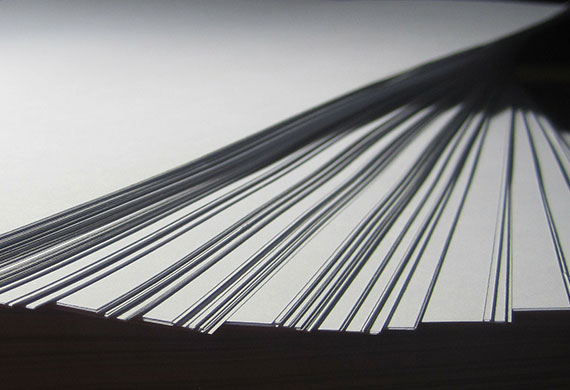
Using the information above with the paper/project associations listed below, you can identify the ideal paper stock for your printing project:
Standard White 70lb.
• Letterhead
• Envelopes
• Memo pads
• Notepads
• Message pads
• Newsletters
• Resumes
Matte Text 70lb
• Calendar (interior pages)
• Coloring book pages
• Booklet pages
• Brochures
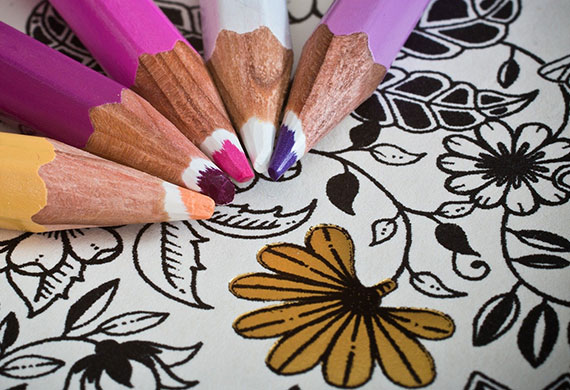
2-Sided Gloss Text 80lb.
• Menus
• Booklet pages
• Comic book pages
White Linen Text 80lb.
• Business cards
• Postcards
• Greeting cards
• Letterhead
• Menus
2-Sided Gloss Text 100lb.
• Menus
• Calendar pages
• Brochures
• Flyers
• Newsletters
• Posters
• Door hangers
2-Sided Gloss Cover 100lb.
• Brochures
• Calendar covers
• Comic/Coloring book covers
• Catalog covers
• Flyers
• Posters
Uncoated Cover Stock 114lb.
• Writable business cards
• Writable postcards
• Flyers
Gloss Cover Stock 114lb.
• Business cards
• Postcards
• Greeting cards
• Posters
2-Sided Gloss Cover Stock 114lb.
• Business cards
• Postcards
• Greeting cards
• Event tickets
• Flyers
• Bookmarks
Unless you are ordering your print job online, ask your print shop for samples of the paper you are interested in. You can also request examples of finished prints before making a final decision.
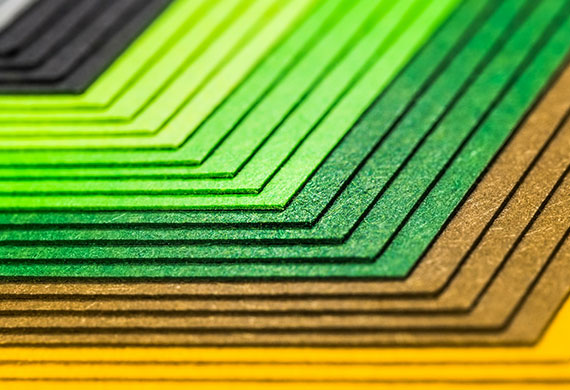
How To Choose The Right Paper for Your Print Job
In this article, you discovered the different types, weights, qualities, and finishing options to help you make an informed decision when selecting paper for your next printing project.
By knowing how to select an appropriate paper type for your print job, you are helping your project convey the right message about your services and products.
Haphazardly selecting paper for your print job can be a potentially catastrophic mistake for your business, costing valuable time and resources.
Sources:
print.usu.edu/Paper_Types
cios233.community.uaf.edu/design-theory-lectures/all-about-paper/
hecec.human.cornell.edu/2016/09/07/what-resume-paper-should-i-use/
Clash Graphics Print Shop Atlanta Flyer Printing
2233 Peachtree Rd NE Ste 202 Atlanta, GA 30309
(678) 235-3464

